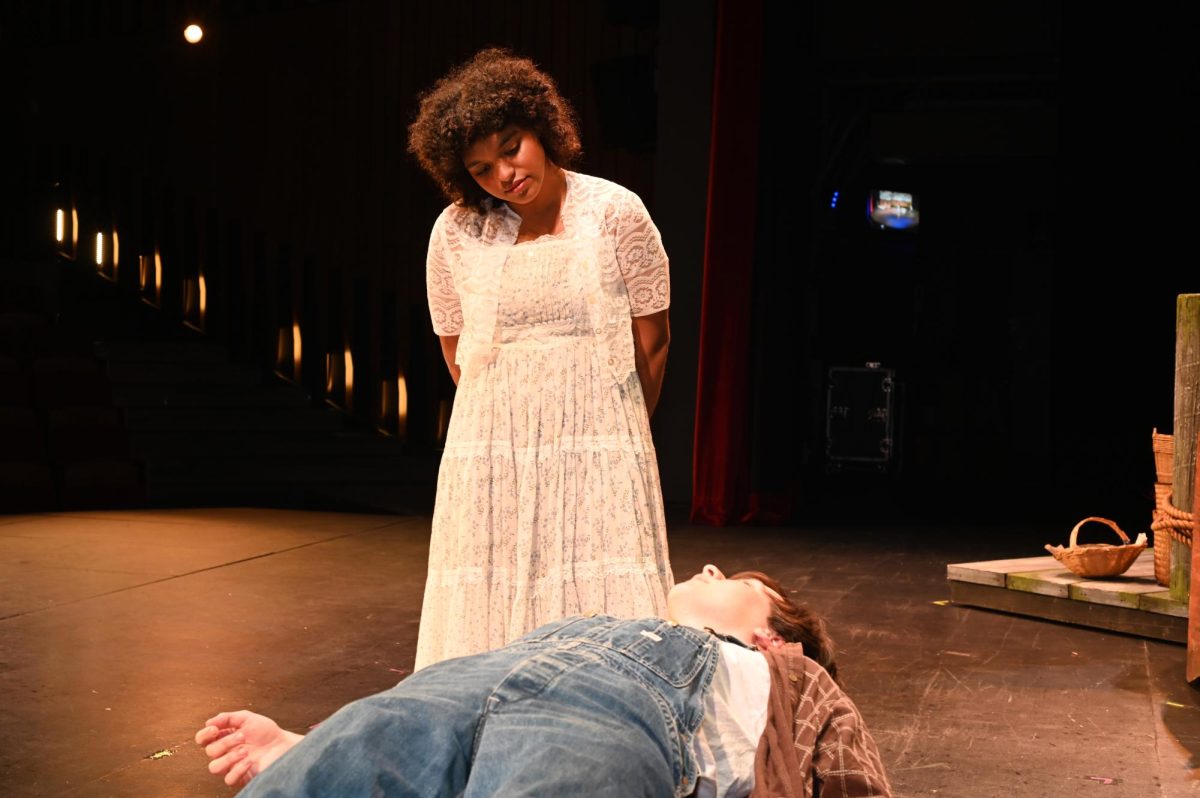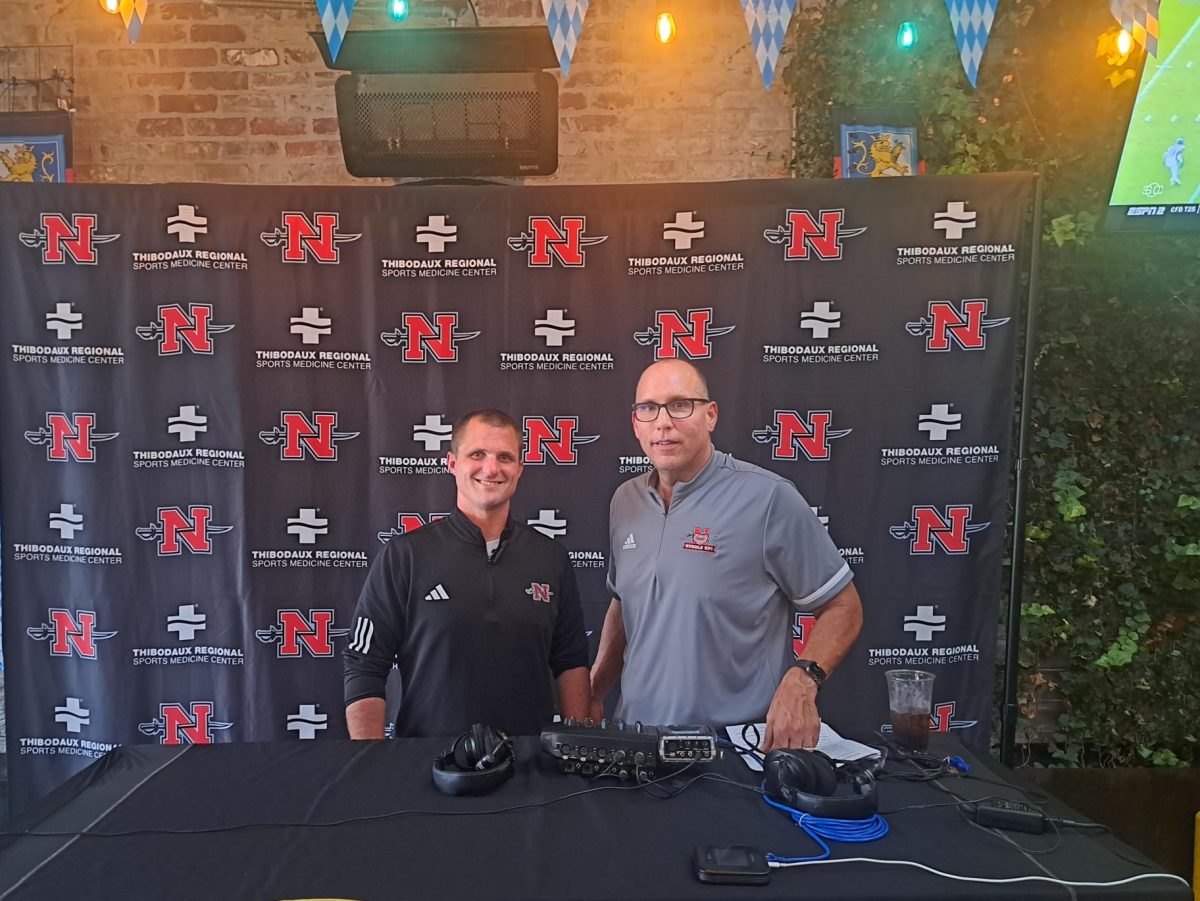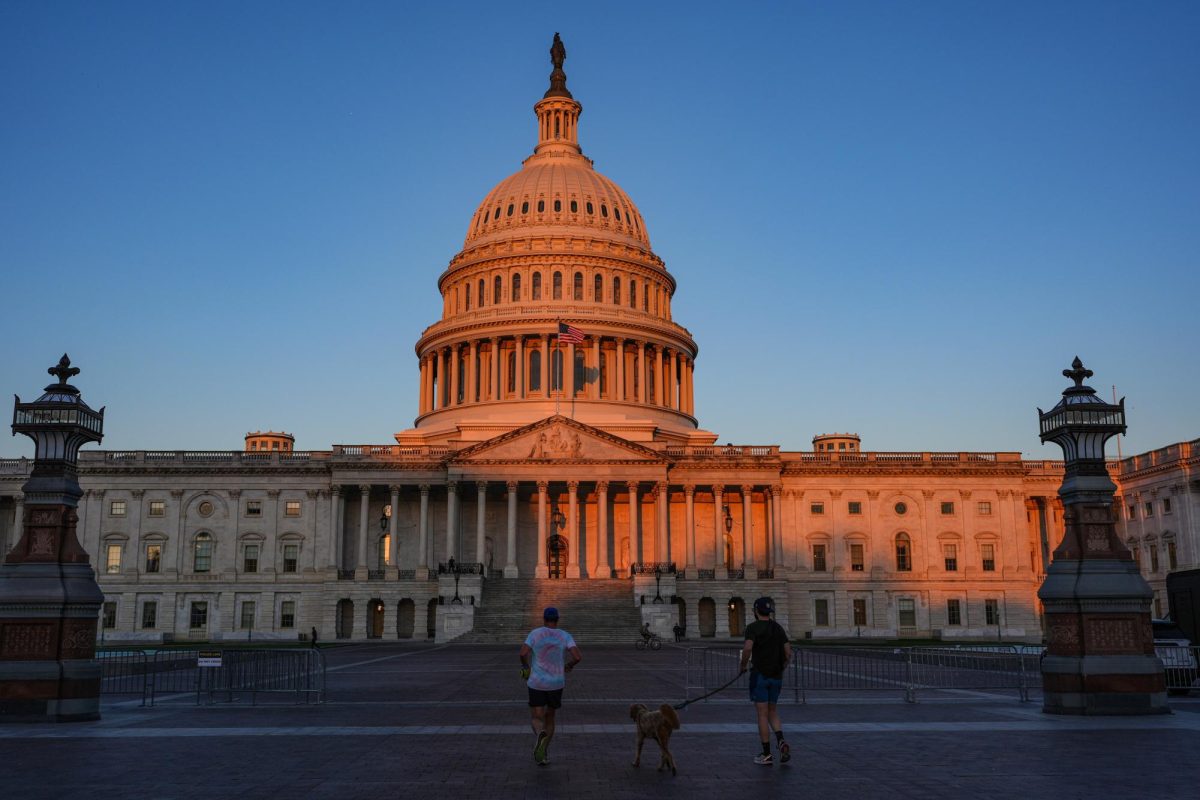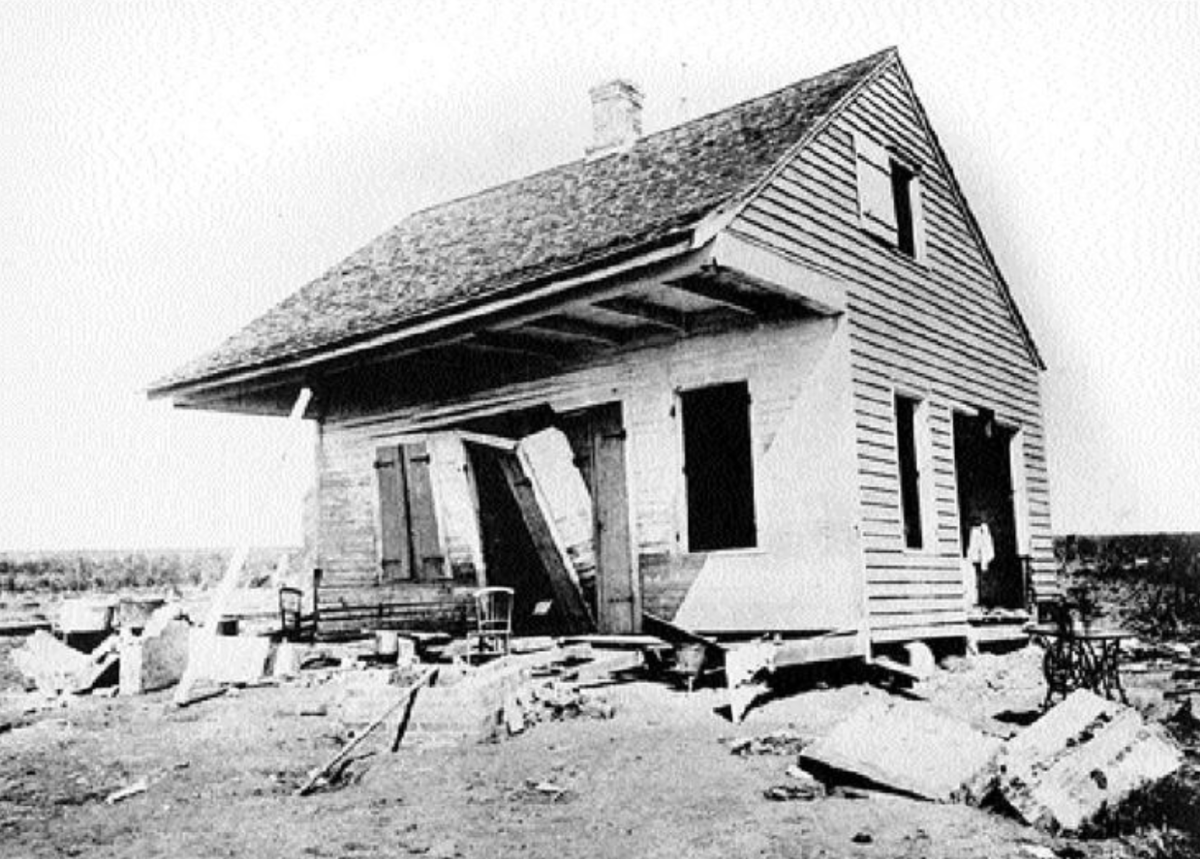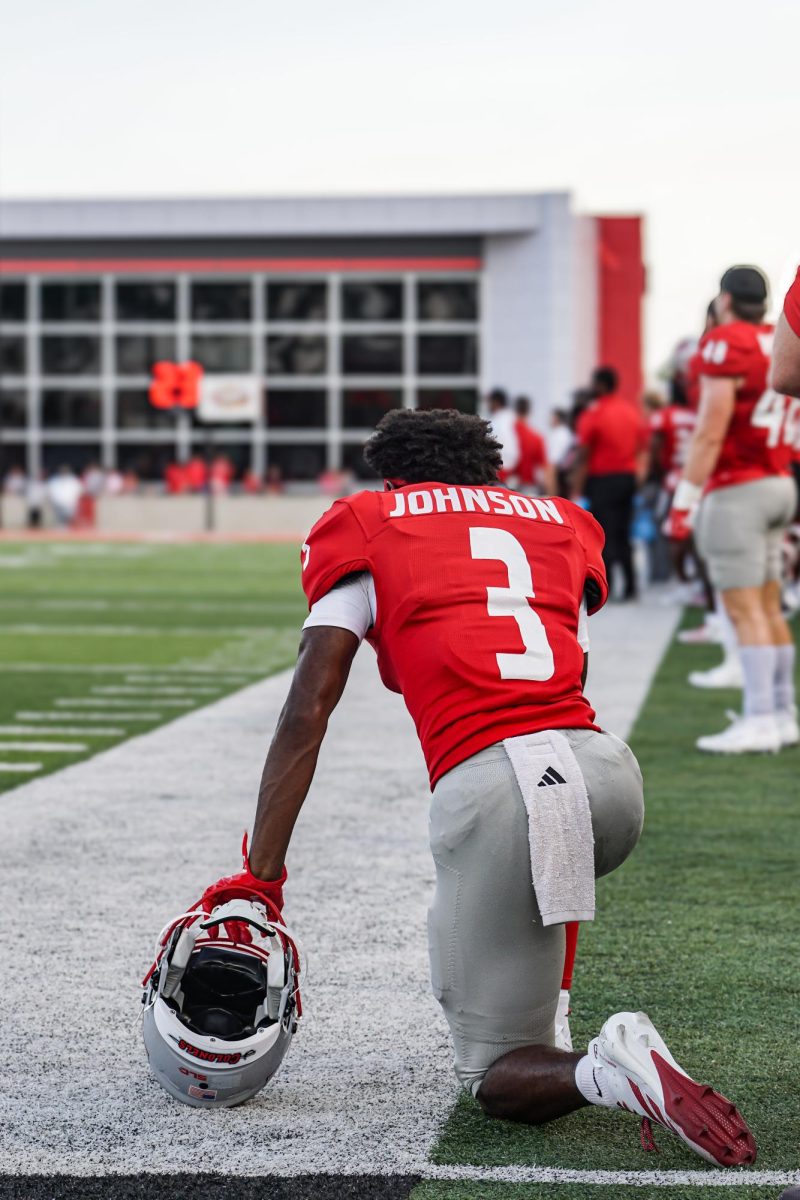Within the last handful of years, Nicholls State University has seen a gradual increase of arrests associated with marijuana.
Dating back to 2010 and 2011, there were five arrests for drug abuse violations with marijuana. In 2012, the number of arrests increased to 20. The total of 20 arrests are comprised of incidents where students were charged separately. Of those 20 instances, 16 occurred in on-campus housing.
Last year, the number of arrests dwindled to one. However, there were 15 reports of marijuana that all resulted in a disciplinary summons for the individuals involved.
Nicholls Police Chief Craig Jaccuzzo attributes this recent increase of arrests to a rise in reporting.
“Reporting increases when the community has faith that their police force will be proactive,” Jaccuzzo said. “In the past 10 years, we have advanced light years from where we were. We are more responsive and have a greater amount of resources at our disposal. I do not always look at the spike of issues as a bad thing. Instead, I look at the confidence of our students, faculty and staff.”
These arrests originate from complaints from residents and other campus occupants or a police action that might have occurred during a traffic stop or while approaching an individual. The police receive tips from campus members who choose to remain anonymous. At that point, the police start an investigation.
Despite what some may think, campus police do not have the right to search residence halls and vehicles due to their location on campus. Campus police must operate with search warrants.
“Our students are protected by the Fourth Amendment so we still have to follow a strict set of guidelines,” Jaccuzzo said. “We can ask for consent to search a student’s room, but they have the right to tell me no. Then, I can tell them that we will pursue a search warrant that is based on probable cause, such as the smell of marijuana and visible impairments of the individual involved.”
For students that are found either consuming or possessing an amount of marijuana that is within human consumption, the punishment is usually a misdemeanor. Jaccuzzo compared the process to that of a traffic citation: students pay a fine of approximately $200 and are sentenced to one year of unsupervised probation. Students are also given a court date where they can plead guilty or not guilty.
Included in the process is an immediate meeting with Tommy Ponson, director of student life and student judicial services, where the student receives a sentence from the University. The sentence can range from community service to fines and even a rehabilitation program.
This same offense in the parish or city would result in a delayed court date that is usually nine months from the incident. Jaccuzzo believes the system in place at Nicholls is much more effective by correcting the student while the issue is current.
“We as an academic institution are striving to educate our students while creating productive members of society, so we see this protocol as more effective,” Jaccuzzo said.
Student marijuana busts increase over last three years
Stuart Percle
•
April 2, 2014
0
More to Discover



